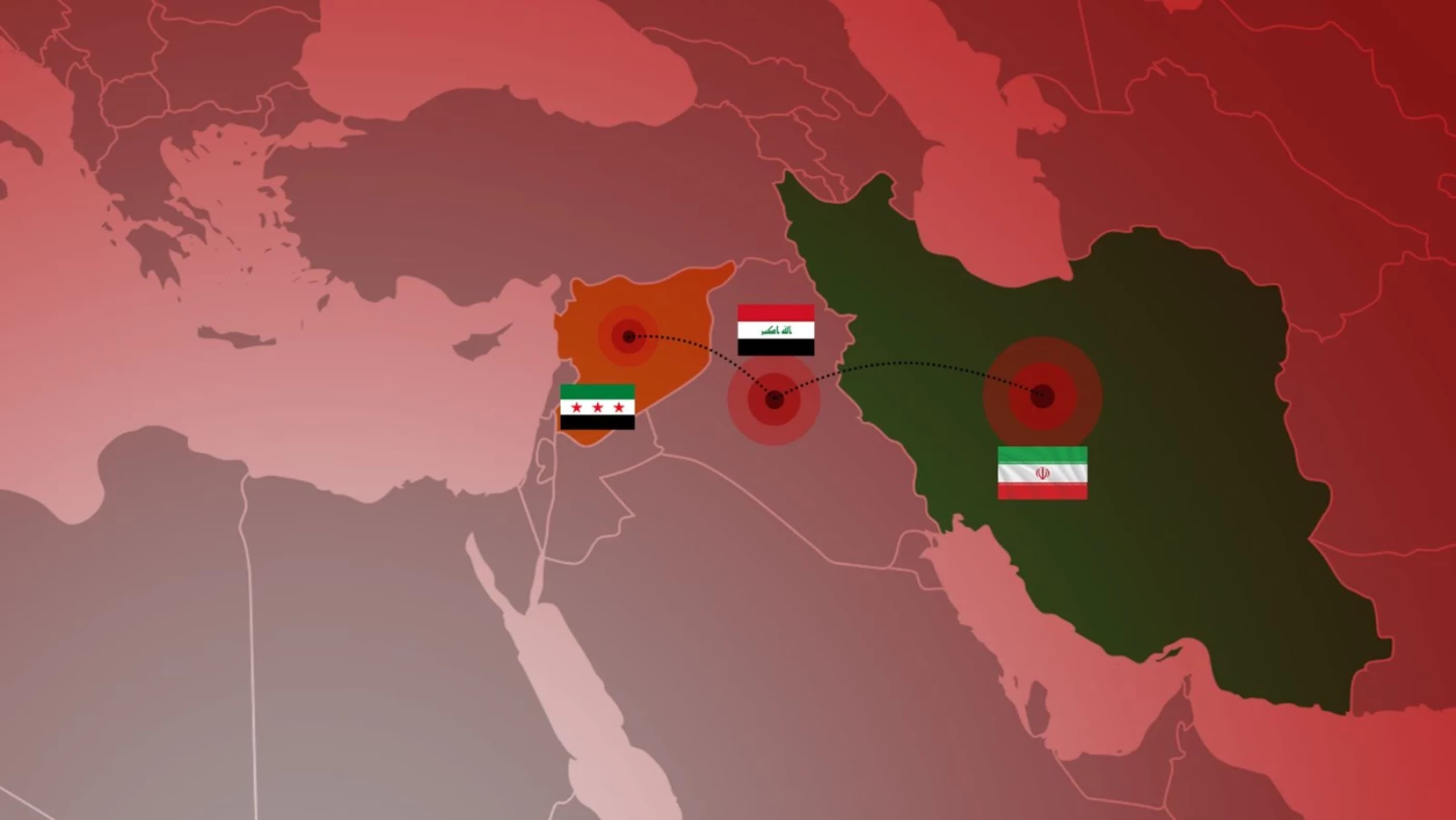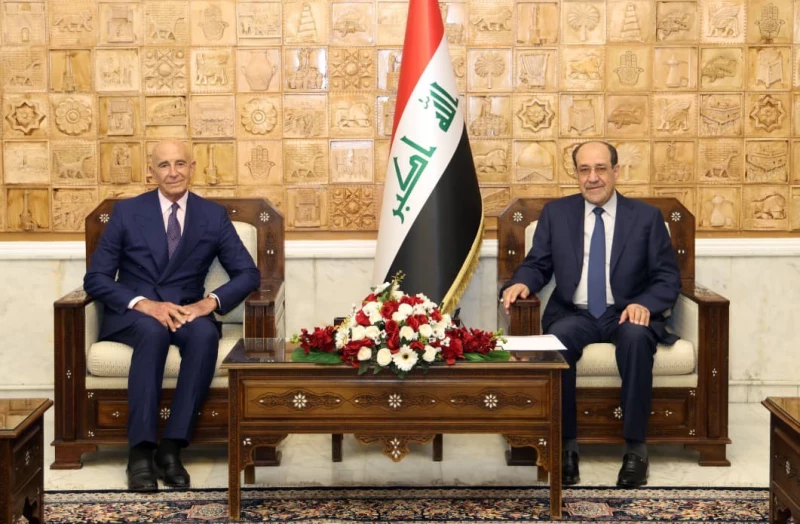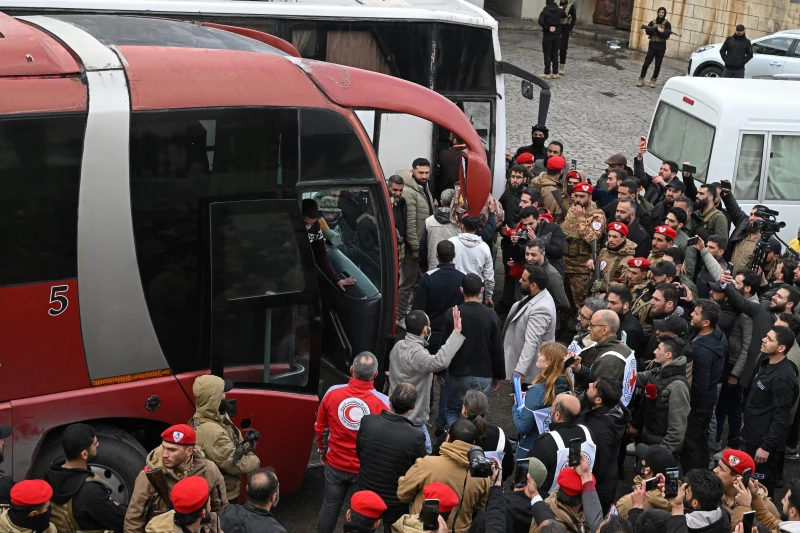ERBIL, Kurdistan Region of Iraq - With relations between Tehran and Damascus having faltered following the ouster of former Syrian President Bashar al-Assad in December, Iraq has undertaken a key role in mediating between the new Syrian government and Iran to overcome the situation of what observers describe as a “strategic chill,” political sources told The New Region.
In this complex landscape, Iraq is trying to position itself as a discreet mediator working behind the scenes to rebuild bridges between two former allies whose paths have diverged. Officials in Baghdad say they are seeking to leverage Iraq’s geographic position and its strong ties with Iran to engineer a new kind of rapprochement between Tehran and Damascus.
Since what became known as the “Twelve-Day War” between Iran and Israel in mid-2025, a short but consequential conflict that ended without a clear victor, the balance of power in the region has been slowly shifting. The war exposed the fragility of Iran’s influence in Syria and Lebanon and forced Tehran to reassess its regional priorities. It also led to a recalibration of alliances across the region, particularly as economic and political pressures inside Iran deepened.
With the rise of a new Syrian government that includes figures previously at odds with Tehran, Iran has found itself facing a new reality, one that compels it to seek influence more cautiously and indirectly, without appearing weakened in front of its domestic rivals or international adversaries.
Secret diplomacy and unannounced visits
Political sources in Baghdad told The New Region that a series of quiet diplomatic moves have been underway for months between Iraq and Syria, with discreet Iranian involvement.
According to the sources, official Iraqi delegations, including representatives from the intelligence service and the Ministry of Foreign Affairs, have secretly visited Damascus, where they held meetings with senior officials in the Syrian foreign ministry. The discussions reportedly focused on reopening communication channels between Tehran and the new Syrian leadership.
The meetings, which have not been publicly disclosed, took place following several rounds of Syrian-Russian consultations that revealed differences between Damascus and Tehran over the future of Iran’s military and economic role in Syria.
The sources said that Iran requested Iraq’s mediation to reestablish dialogue with Damascus in hopes of restoring its formal presence in the country and securing its entrenched economic and military interests, which date back to the previous Syrian administration.
One individual familiar with the mediation process claimed that “Baghdad is playing a dual role. It provides Tehran with assessments of the Syrian government’s mood toward reconciliation, while also offering Damascus practical proposals aimed at reducing direct Iranian intervention in exchange for gradual economic and security cooperation.”
Baghdad’s balancing act
Khalifa al-Tamimi, a professor of political science, told The New Region that Iraq is uniquely positioned to mediate between Tehran and Damascus.
“Baghdad has proven in recent years that it can handle sensitive regional files,” Tamimi said. “Iraq maintains direct relations with Syria’s ruling authorities, as shown through repeated meetings between the prime minister and the intelligence chief, who has traveled to Damascus several times to discuss political and security matters.”
He added that Iraq could help bridge the gap between Iran and Syria if there is genuine political will from both sides. However, he noted that Iran might delay any overt moves for now to avoid internal backlash from its hardline factions, which continue to view Syria’s new government with suspicion.
Tamimi stressed that any potential rapprochement “will not be an emotional decision but a strategic one requiring careful calculations and a clear understanding of both countries’ interests.”
Despite current tensions, he believes that “the political stagnation between Tehran and Damascus will not last long, as mutual interests are ultimately strong enough to break the ice.”



 Facebook
Facebook
 LinkedIn
LinkedIn
 Telegram
Telegram
 X
X


